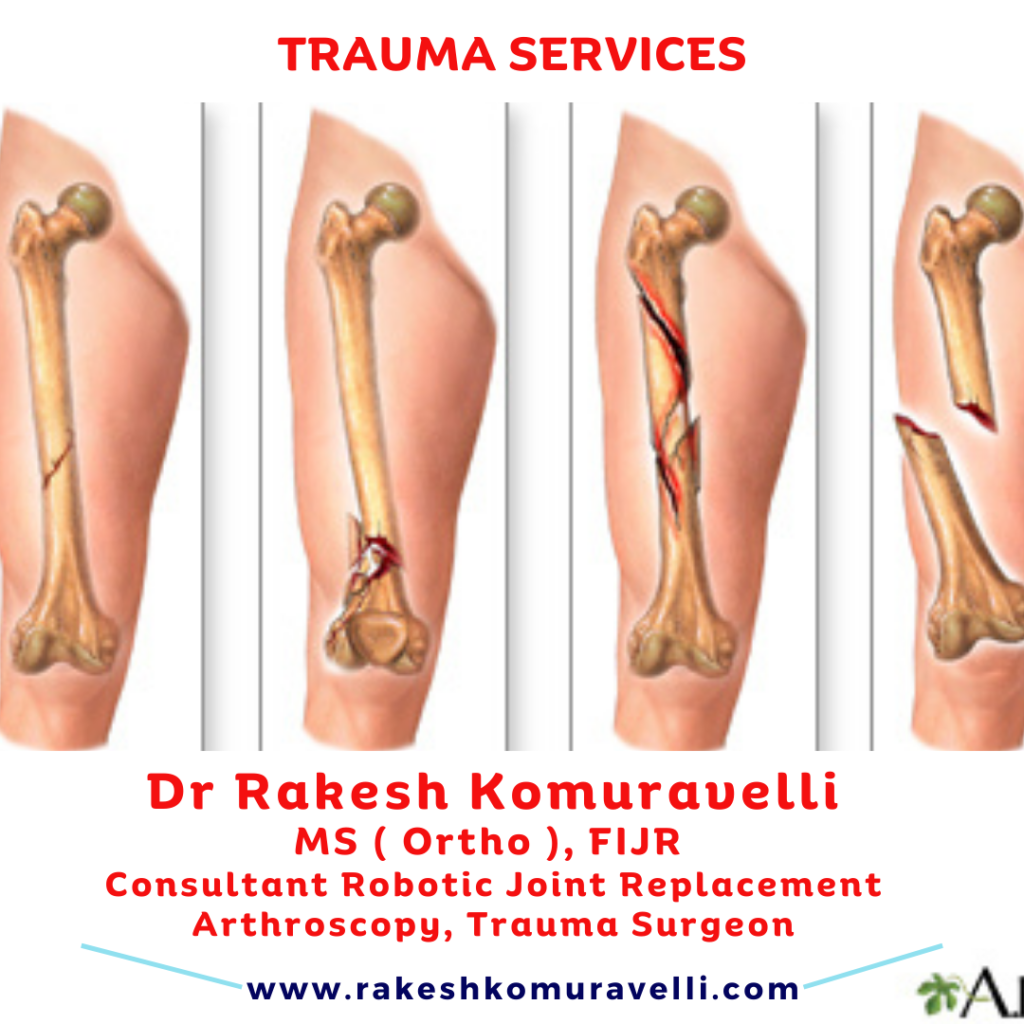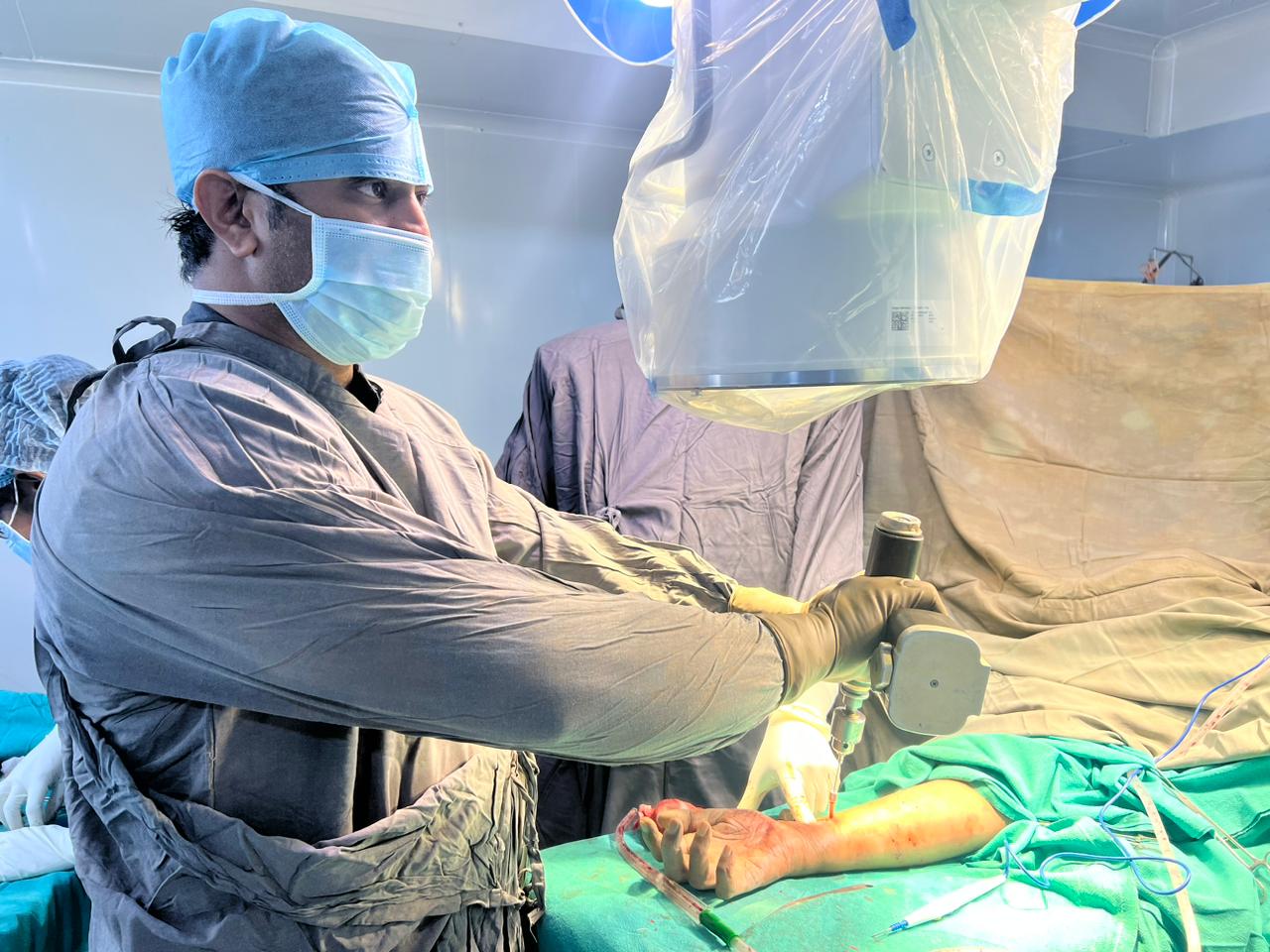


Trauma services are specialized medical services that provide immediate and comprehensive care to patients who have experienced traumatic injuries, such as those resulting from motor vehicle accidents, falls, or violent acts. These injuries can range from minor cuts and bruises to life-threatening conditions such as traumatic brain injuries, spinal cord injuries, and severe burns.
Trauma services are typically provided by a team of healthcare professionals who are trained and experienced in the management of trauma patients. This team may include trauma surgeons, emergency physicians, nurses, respiratory therapists, and other specialists as needed.
Some of the key components of trauma services include:
Emergency Medical Services (EMS): EMS providers are often the first responders to a traumatic injury. They provide initial care and stabilization of the patient at the scene of the injury and transport the patient to the appropriate medical facility for further care.
Emergency Department (ED): The ED is the first point of contact for many trauma patients. The trauma team in the ED will quickly assess the patient’s condition and provide any necessary treatments, such as airway management, breathing support, and fluid resuscitation.
Trauma Surgery: Trauma surgeons are specialized surgeons who are trained to provide emergency surgical interventions for trauma patients. They may perform procedures such as exploratory surgery, repair of internal injuries, or limb amputation.
Intensive Care: Many trauma patients require intensive care following their initial treatment. Intensive care may involve mechanical ventilation, continuous monitoring of vital signs, and administration of specialized medications.
Rehabilitation: After the acute phase of care is complete, many trauma patients require rehabilitation services to help them regain their strength, mobility, and independence. Rehabilitation may involve physical therapy, occupational therapy, speech therapy, or other specialized interventions.
Trauma services are critical in providing timely and effective care to patients who have experienced traumatic injuries. These services require a high level of coordination and collaboration among healthcare providers, as well as specialized training and resources to manage complex injuries. If you or a loved one experiences a traumatic injury, it is important to seek immediate medical attention from a trauma center or hospital.
Trauma services are specialized medical services designed to provide immediate and comprehensive care to patients who have experienced a traumatic injury or event, such as a car accident, fall, or violent assault.
Trauma services are equipped to treat a wide range of injuries, including severe fractures, head injuries, spinal cord injuries, burns, and other life-threatening injuries.
Trauma services are typically located within a hospital’s emergency department or trauma center, and may include specialized units for critical care, surgery, and rehabilitation.
A trauma team is a group of medical professionals who are specially trained to respond to and manage patients with traumatic injuries. The team may include emergency physicians, trauma surgeons, nurses, respiratory therapists, and other specialists as needed.
Patient care in trauma services is managed through a coordinated and multidisciplinary approach, with the trauma team working together to provide rapid assessment, stabilization, and treatment. This may involve emergency procedures, surgery, medications, and other interventions as necessary to stabilize the patient’s condition.
The goal of trauma services is to provide timely and effective care to patients with traumatic injuries, with the aim of improving outcomes and minimizing the long-term effects of the injury.
Patients can access trauma services by calling 911 or visiting their local emergency department in the event of a traumatic injury. Trauma centers and specialized trauma services may also be able to provide referrals or consultations as needed.

